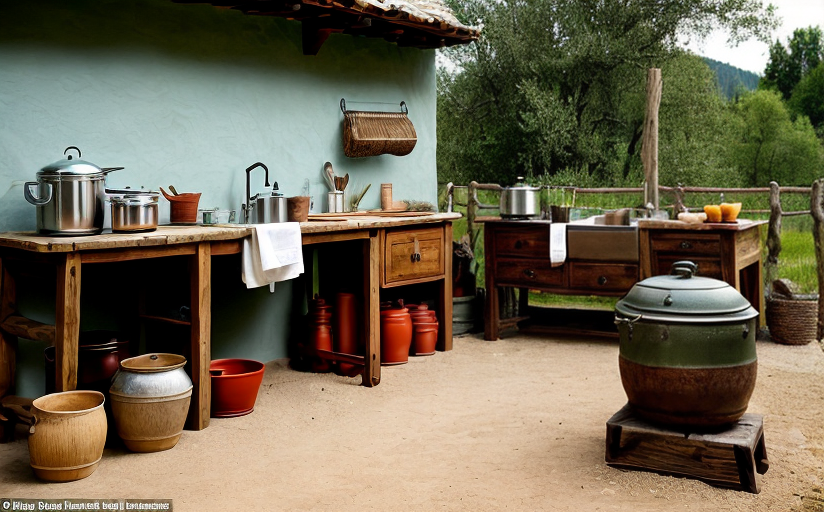Ancient Cooking Techniques: Their Origins, Influence and Value Today
The inexhaustible history of culinary arts traces back to ancient civilizations where creative minds used rudimentary tools and ingredients to prepare meals. Despite the progressive innovations in food technology, several of these techniques have survived centuries and continue to shape our modern cooking practices.
Origins and Unique Features
It is fascinating to journey back in time to uncover culinary practices that took root in age-old civilizations. One such ancient technique is fermentation, a the food preservation method hailing from the vast expansess of China, where it was primarily used to genus beverages such as wine and vinegar. Fermentation involved the use of yeast and bacteria to breakdown sugars, a process that served to enhance the quality and shelf life of various food products. Consider sauerkraut from Germany or kimchi from Korea, these fermented foods were, and continue to be, culinary staples.
Roasting, another old form of cooking was a native of many ancient civilizations including the Greek and Roman cultures. They often used open fire to cook large portions of meat, using the irradiating heat to cook the food completely. This method gave the food a distinct charred flavor which is still a popular feature of many dishes today.
Adaptations to Modern Cooking
While some techniques remain unaltered, many others have been adjusted to better suit the evolving kitchen environment and lifestyle. For instance, fermentation has largely been industrialized with tools like fermentation tanks while maintaining the traditional method process. Similarly, modern-day roasting employs oven instead of open fire, providing greater control over temperature and cook time.
Benefits of Integrating Traditional Methods
Integrating ancient cooking techniques into our daily routines can enhance not only taste but also health benefits. Fermented foods, for example, are renowned for their probiotic qualities, aiding in digestion and boosting immunity. Similarly, roasting over an open fire can conserve more nutritional value in meat than frying or boiling.
Value of Preserving Tradition
Despite the booming growth in food technology, preserving these traditions can open the door to a vast array of flavors while also allowing us to maintain a link to our culinary heritage. More so, understanding and practicing these ancient techniques provide space for innovation, expanding our culinary horizons.
Conclusion
Indeed, as we don our apron and ready our pots, it is essential to realize that we are not just cooking, but engaging in an age-old art form. As we infuse our dishes with the traditions of the past, we add depth to the taste and perpetuate a rich and diverse heritage worth savoring.















Comments
Leave a Comment